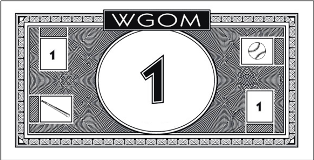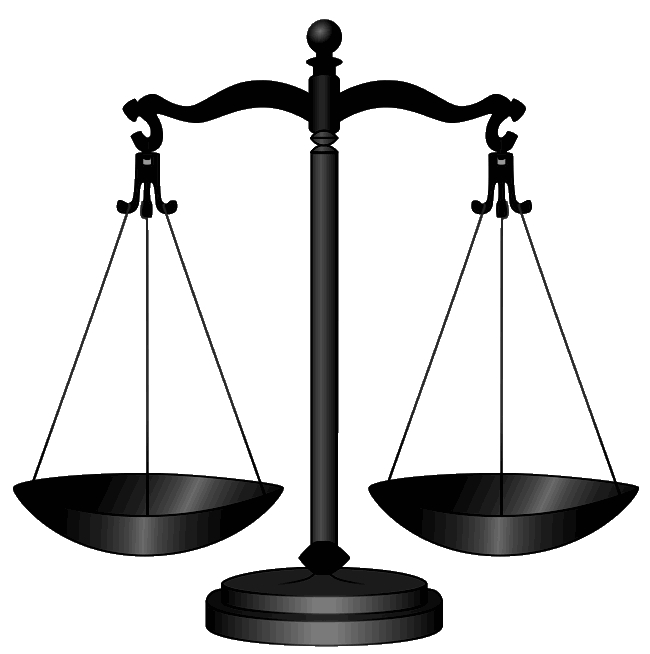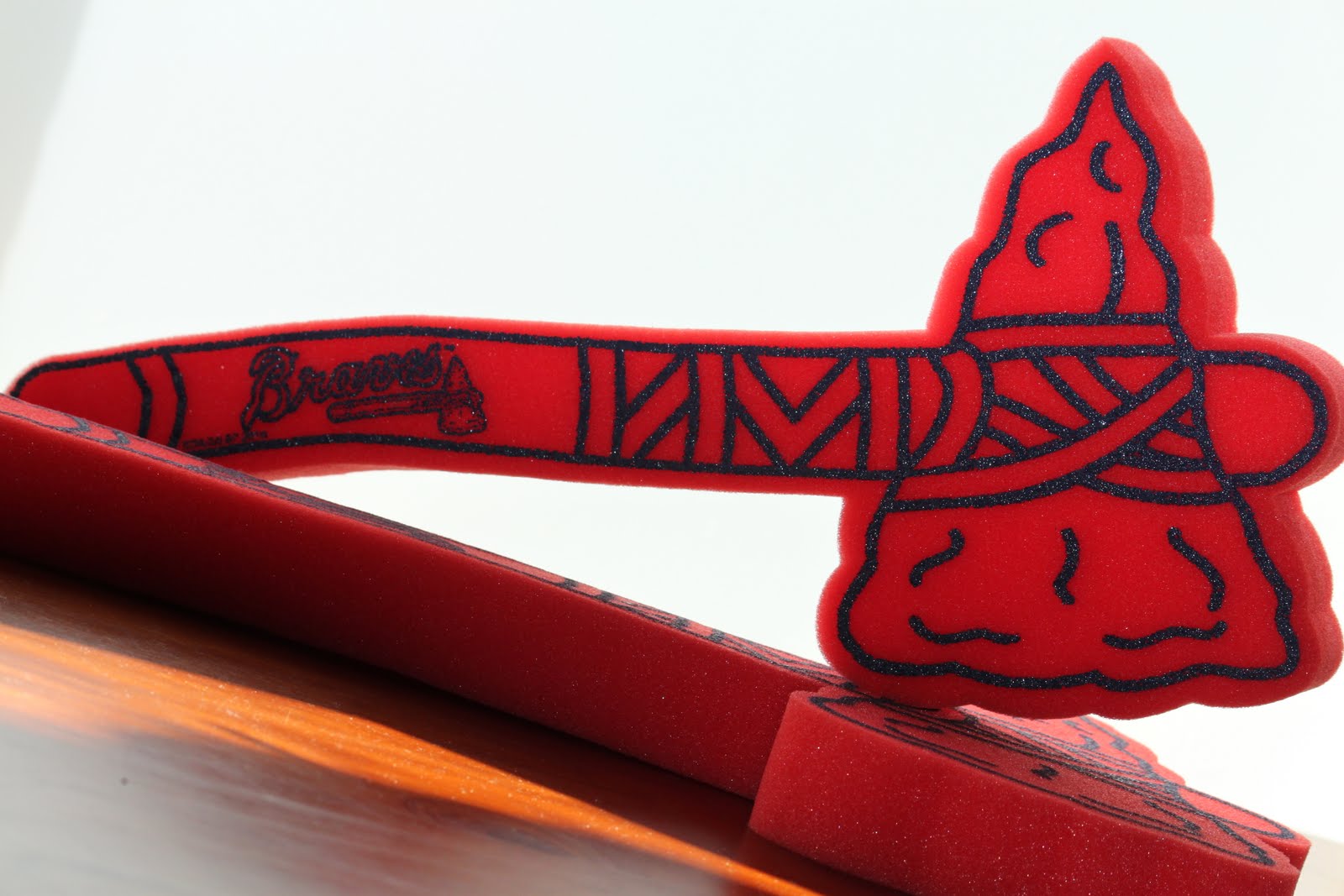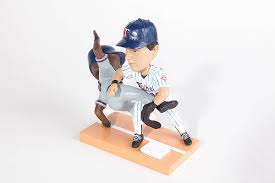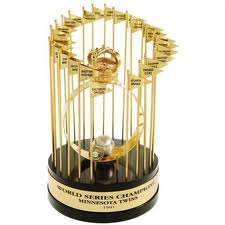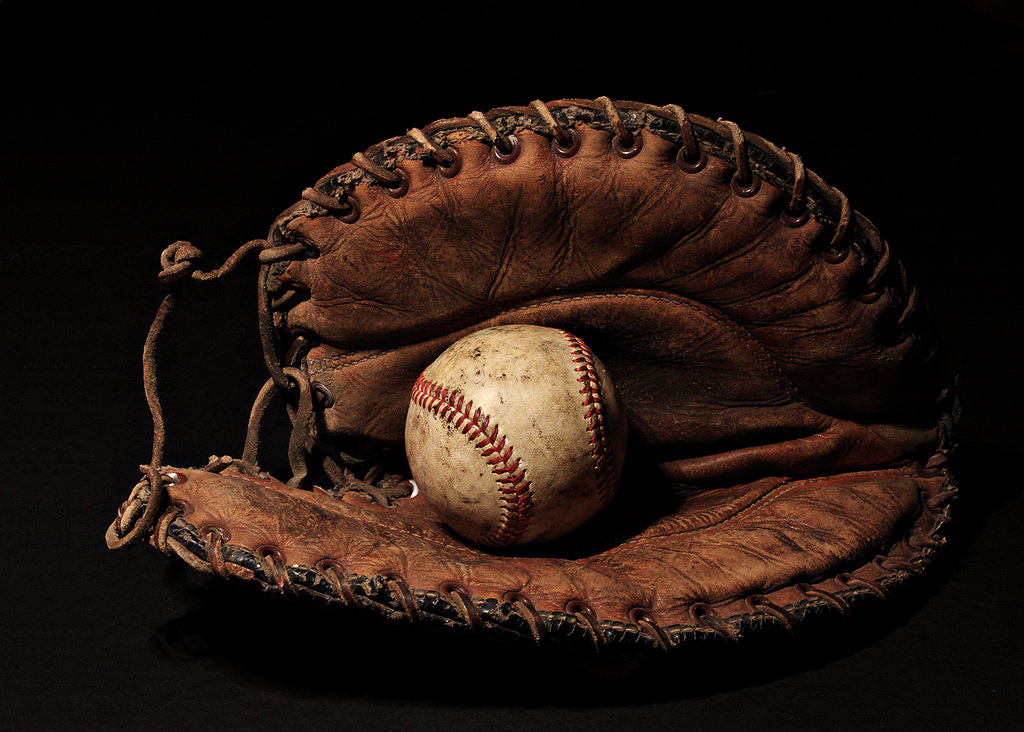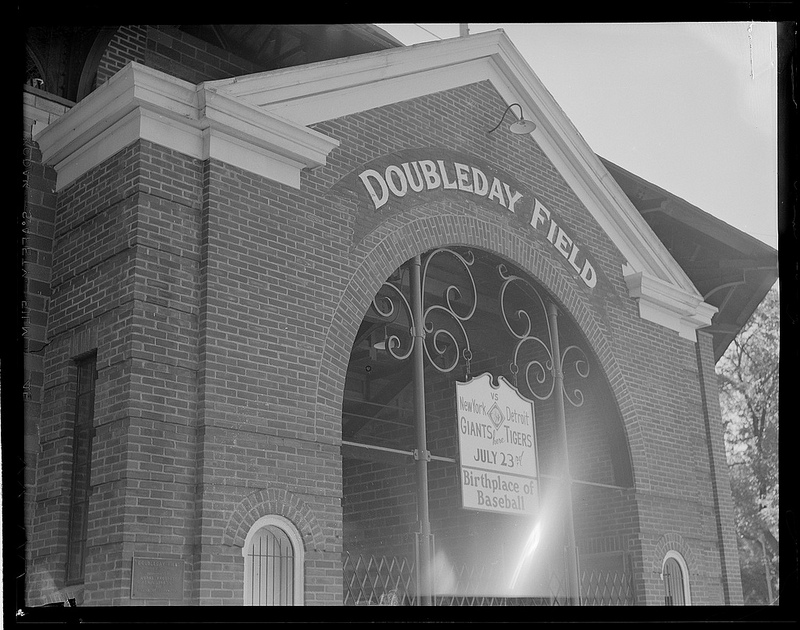I bought the 1991 World Series DVD a few years ago and finally got around to going through them, one by one. I know we talked once about doing faux game logs for these games, but now that everyone at the WGOM has a family and kids, it's probably not going to happen. But while listening to Buck and McCarver for over twenty hours, I noticed a lot of things that I never would have picked up on when I was eleven years old. I'll spend the next seven weekdays covering each game (because dangit, I have opinions), and hopefully you learn something along the way.
Part 1 -- Game Details
1 2 3 4 5 6 7 8 9 R H E
- - - - - - - - - - - -
Atlanta Braves 0 0 0 0 0 1 0 1 0 2 6 1
Minnesota Twins 0 0 1 0 3 1 0 0 x 5 9 1
PITCHERS: ATL - Leibrandt, Clancy (5), Wohlers (7), Stanton (8)
MIN - Morris, Guthrie (8), Aguilera (8)
WP - Jack Morris
LP - Charlie Leibrandt
SAVE - Rick Aguilera
HOME RUNS: ATL - none
MIN - Gagne, Hrbek
Part 2 -- Stars of the Game, WPA Style
Jack Morris: 24.4%
Chuck Knoblauch: 13.9%
Ron Gant: 9.6%
Kent Hrbek: 8.9%
Greg Gagne: 8.7%
Morris was great in game seven, but let's not forget he was great in game one. Knoblauch reached base every time, and Hrbek had his one good game before he was murdered by the rest of the Brave lefties.
Game Changing Moment--Greg Gagne's 3-run shot, increasing the Twins chance to win by 11%
Part 3 -- Twins, Voodoo Doll Masters
During the 1987 broadcast, we heard about every eight minutes about lucky the Twins were that they didn't have to face Jack Clark or a healthy Terry Pendleton. And while that got annoying, they were right. Jack Clark should have been MVP, and Pendleton, while not that great in 1987, was a beast compared to Tom "Bat Flip" Lawless. I believe there's a decent chance the Twins lose that series if those players are healthy.
In 1991, the Twins received some similar luck. The Braves lost Otis Nixon (who had zero power but walked and stole 72 bases) to a drug test. They lost two solid relievers in Marvin Freeman and Juan Berenguer to injuries. However, unlike the Cards, the Braves were able to patch these holes with little negative effect. Lonnie "Skates" Smith was a better hitter than Nixon, though significantly worse in the field and on the basepaths. And the Braves picked up Alejandro Pena and called up Mark Wohlers. Wohlers was iffy at best, but their entire pitching staff was deep. If the Braves were hurt by their injuries, it didn't show in the playoffs.
Part 4 -- Kelly Makes Things Harder
The Twins, much like in 87, had no significant injuries. Larkin couldn't run, but otherwise the whole gang was healthy. Despite this, I believe Kelly made a couple of serious mistakes with his roster construction.
Mark Guthrie
I love the fact that Kelly only brought nine pitchers with him. He brought the lackluster David West as insurance for Scott Erickson (or a freak injury) and five relievers, Aguilera, Willis, Bedrosian, Leach, and Guthrie.
Aguilera and Willis were obvious choices. Bedrosian and Leach were okay; I may have chosen Tom Edens over Leach as he had a better WHIP and strikeout rate, but Leach had World Series experience and had that funky delivery which can be nice to have around. Guthrie was the mistake.
The Twins were severely deficient in left-handers, and I understand the need to have one on the roster, even if the only Brave lefty that was terrible against lefties was Sid Bream. But Guthrie was atrocious in 1991. His WHIP (1.602), walk rate (3.8), home run rate (1.0) are all scary. He had a decent strikeout rate (6.6), but not good enough to offset everything else. The worst part, though, is that he was terrible at getting out lefties (337/383/500). Kelly wound up using him four times in the World Series, and he got lucky Guthrie only gave up one run considering he allowed seven base runners in four innings.
Who else, then, should have replaced him on the roster? It should have been an easy choice: 1988 ERA champion Allan Anderson. Now, Allan wasn't much better than Guthrie in 1991. He gave up a bunch of homers and had a higher ERA. But one thing he could still do very well in his final season was get out lefties. How well? 225/265/315 in 117 plate appearances. I would trust him against David Justice. In fact, I'm surprised Allan didn't make it as a lefty-specialist, but it looks like he completely fell apart in AAA the next couple of years.
Jarvis Brown
The Twins brought sixteen hitters after leading the league in average and OBP, and had a very solid bench. Al Newman was god-awful, but he was a solid infielder who could backup just about anyone and had been on the 87 roster. Paul Sorrento was an up-and-coming power threat and a good choice for the bench role. Due to a low number of injuries, the Twins were able to bring pretty much every hitter who contributed, except one. Pedro Munoz.
Now, the reason Kelly brought Jarvis Brown on is obvious: Brown was seven for eight in stolen bases, and the Twins had no good base stealers or pinch-runners on the bench. Brown was worthless with the bat and despite entering three games, never attempted a steal. He went 0-2 in mop-up duty in game five. And I'm sure everyone remembers he was due up (instead of Chili Davis) before Gene Larkin won the series.
Pedro was in his second year with the Twins and was a very part-time player. He had an OPS+ of 121, and while he had little plate discipline, he had obvious raw power and decent contact skills. He was also three for three in stolen bases, so he wasn't a statue. He was a terrible defender (negative 42 total zone runs in 517 games), so starting him in left field over Gladden would have been questionable. But as an additional bench option, he would have been very welcome. Now nobody could have predicted how desperate the Twins would need bench options in the series, but having a fast guy to replace your cleanup hitter in a tie game seems really silly.
